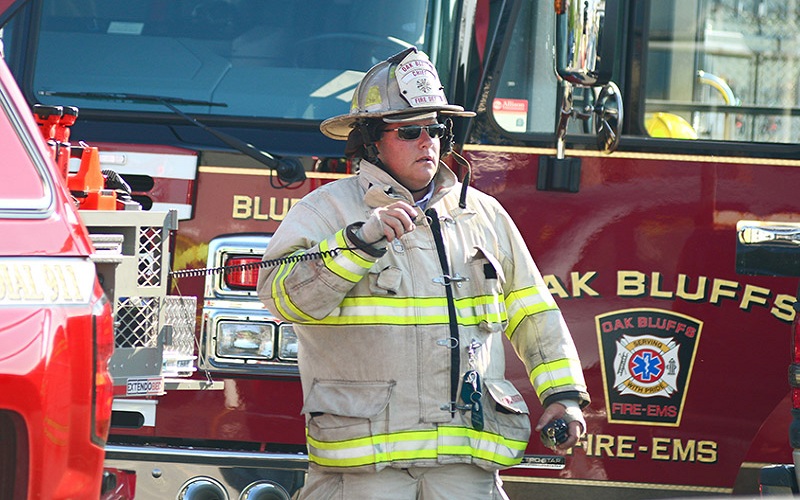Firefighters are the heroes who rarely get their dues. They often risk their lives to protect others from the ravages of fire. However, in small communities, the battle against flames is not just fought on the front lines but also inside town halls and budget meetings. Allocating resources for firefighting comes with a unique set of challenges for smaller communities, and the decisions made in these discussions can have profound consequences.
Veteran firefighters like John Rose Oak Bluff have been through these types of challenges many times. This is why, John knows them from within. He speaks about different challenges that arise when trying to raise funds for the firefighters.
Limited Budgets, Growing Needs:
Small communities usually get crippled with limited budgets due to a smaller tax base and few financial resources. Firefighting tools, training, and personnel require a significant investment, and prioritizing these needs can be a delicate balancing act. As populations grow risk factors like climate change, the demand for firefighting services becomes more pressing. The challenge lies in finding ways to meet these demands within the confines of tight financial constraints.
Old Equipment and Technology:
One of the primary challenges faced by smaller communities is the outdated nature of firefighting equipment and technology. Many fire departments in these areas struggle to keep pace with the advancements in firefighting tools and techniques due to financial limitations. Aging equipment not only jeopardizes the safety of firefighters but also hinders their ability to effectively combat fires. Upgrading to modern technology comes at a cost, and small communities must navigate how to allocate funds for such essential improvements.
Personnel Shortages and Recruitment:
Maintaining a capable and well-trained firefighting force is essential for the safety of any community. However, small towns often face challenges in recruiting and retaining qualified firefighters. The demanding nature of the job, coupled with limited financial incentives, makes it difficult for these communities to attract and keep skilled personnel. The perpetual risk of burnout and turnover adds another layer of complexity to the ongoing struggle to maintain a robust firefighting force.
Union Negotiations and Budget Constraints:
In small communities, union negotiations play a critical role in determining the terms of employment for firefighters. While unions advocate for fair compensation and working conditions, these negotiations can strain already limited budgets. Salary increases, healthcare benefits, and pension plans are essential aspects of these discussions, and finding a balance that ensures the well-being of firefighters while also maintaining fiscal responsibility is a constant challenge for local governments.
Community Awareness and Advocacy:
Raising awareness about the importance of adequate firefighting funding is crucial in small communities. Residents need to understand the direct correlation between funding levels and the effectiveness of firefighting efforts. Engaging in community outreach and education can lead to increased support for budget allocations directed toward firefighting services.
Firefighting funding challenges in small communities are complex says John Rose Oak Bluff. Balancing limited budgets with the growing need for modern equipment, well-trained personnel, and fair compensation requires careful consideration. Moreover, navigating union negotiations adds another layer of difficulty to the process. By developing community awareness and engagement, these challenges can be met with collaborative solutions, ensuring the safety and well-being of residents and firefighters alike in the face of unpredictable flames.
Top of Form














+ There are no comments
Add yours